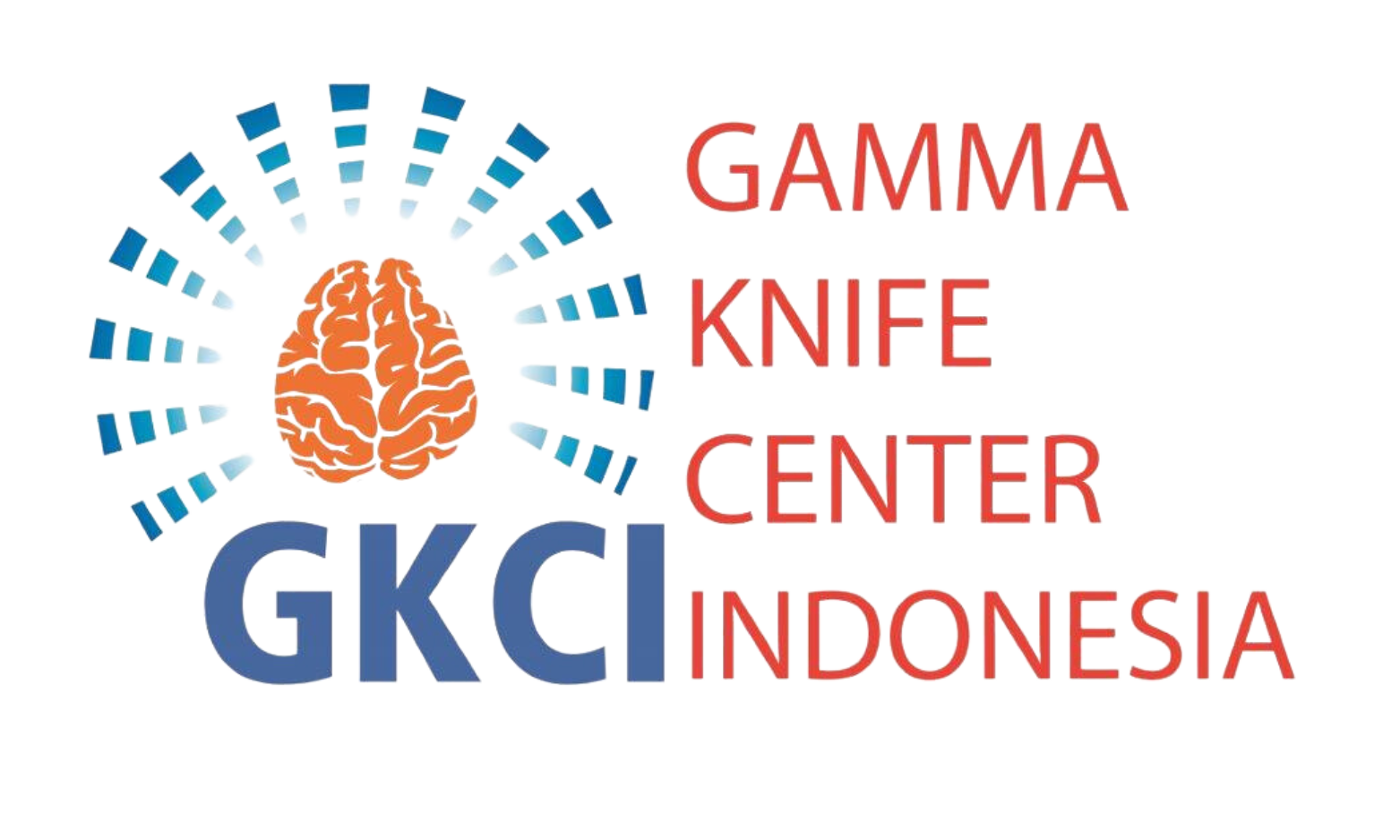General Health
8 Circulatory System Disorders That Can Be Triggered by Lifestyle!
Share to

Table of Contents
Circulatory system disorders are medical conditions that should be taken seriously. This is because they can affect the heart and blood vessels, which play a crucial role in circulating blood throughout the body. Blood itself functions to supply the nutrients and oxygen needed by the body tissues to operate optimally.
To remain vigilant, it is important for every individual to recognize the various disorders of the circulatory system that commonly occur. Learn more about these conditions in the following article.
What Is the Circulatory System?
The circulatory system, also known as the cardiovascular system, is responsible for transporting oxygen- and nutrient-rich blood to the body's cells through blood vessels, providing energy for activities, growth, and tissue repair. Moreover, this system plays a crucial role in removing carbon dioxide and other waste products that the body's cells do not need.
The human circulatory system consists of several components, including:
-
Heart: An organ that pumps blood throughout the body.
-
Arteries: Thick-walled blood vessels that carry oxygen-rich blood from the heart to the rest of the body, except for the pulmonary artery.
-
Veins: Blood vessels that transport oxygen-poor blood from various parts of the body back to the heart, except for the pulmonary vein.
-
Capillaries: Small blood vessels that connect arteries and veins, facilitating the exchange of oxygen, nutrients, and waste between the circulatory system and the body's organs and tissues.
Types of Circulatory System Disorders
Circulatory system disorders can cause various problems, including irregular heart function in pumping blood throughout the body, structural changes in the heart, and blockages or narrowing of blood vessels. These conditions may develop suddenly or gradually over several years.
Some common circulatory system disorders include:
1. Atherosclerosis
Atherosclerosis is the hardening and narrowing of blood vessels due to plaque buildup, which consists of fat, calcium, cholesterol, and other substances on the arterial walls. This condition often shows no early symptoms. However, over time, the accumulation of plaque can block arteries and disrupt the flow of oxygen-rich blood throughout the body.
Atherosclerosis is also associated with coronary artery disease, which can increase the risk of heart attacks. Moreover, it can lead to other circulatory disorders, such as peripheral artery disease, which affects blood flow to the legs, feet, arms, and hands.
2. Blood Pressure Disorders
Blood pressure is an indicator that shows how strongly blood flows through the blood vessels. It can naturally fluctuate depending on a person’s activity level and medical conditions. However, overly high or low blood pressure can be harmful to the body.
Some types of blood pressure disorders include:
-
Hypertension: When blood pressure in the arteries is too high, typically above 140/90 mmHg.
-
Hypotension: When blood pressure is too low, typically below 90/60 mmHg.
-
Portal hypertension: High blood pressure in the portal vein, which carries blood from the stomach, intestines, pancreas, and spleen to the liver. This condition can be caused by cirrhosis (scarring of the liver), leading to serious complications such as ruptured blood vessels in the esophagus.
-
Pulmonary hypertension: High blood pressure in the arteries of the lungs and the right side of the heart.
3. Aneurysm
An aneurysm is a bulging or widening of a blood vessel due to a weakened blood vessel wall. This condition can cause arterial walls to expand like a balloon. If the aneurysm enlarges, it may rupture, leading to life-threatening internal bleeding.
Aneurysms can occur in any blood vessel but are most commonly found in the aorta, the body's largest artery. Other areas prone to aneurysms include the brain, neck (carotid aneurysm), and spleen.
4. Stroke
A stroke occurs when blood flow to the brain is disrupted. It is a medical emergency that can be life-threatening and requires immediate medical attention. Strokes are classified into three types:
-
Ischemic stroke: Occurs when a blood flow in a brain artery is blocked.
-
Hemorrhagic stroke: Caused by a ruptured blood vessel in the brain.
-
Transient ischemic attack (TIA) or ministroke: A temporary stroke that lasts minutes or hours and resolves within 24 hours.
5. Other Circulatory System Disorders
In addition to the conditions mentioned above, other circulatory system disorders that require attention include:
-
Heart failure: When the heart is unable to pump blood efficiently throughout the body.
-
Heart valve disease: A condition where the heart valves do not open or close properly.
-
Vasculitis: Inflammation of blood vessels.
-
Chronic venous insufficiency: A condition in which the veins in the legs do not function properly.
-
Myocarditis: Inflammation of the heart muscle.
Preventions of Circulatory System Disorders
It is important to understand that some risk factors for heart and circulatory system disorders cannot be changed, such as aging and a family history of similar conditions. However, these disorders are largely associated with an unhealthy lifestyle, including overconsumption of foods high in saturated fat and lack of physical activity.
To maintain cardiovascular health and minimize the risk of circulatory system disorders, the following steps can be taken:
-
Consuming healthy foods with balanced nutrition, including limiting excessive intake of foods high in fat, salt, and sugar.
-
Drinking an adequate amount of water.
-
Engaging in regular physical exercise.
-
Quitting smoking and avoiding exposure to cigarette smoke.
This article has provided an overview of various circulatory system disorders and their preventions. However, please note that the information provided is only for educational purposes and cannot be used as a substitute for a diagnosis or treatment from the doctor.
If you or your relatives experience symptoms that may indicate a circulatory system disorder or other cardiovascular issues, such as shortness of breath and chest pain, immediately visit a Cardiologist at the nearest Siloam Hospitals for a proper diagnosis and medical treatment.
For your information, the examination and treatment procedures you undergo may vary depending on the healthcare facility at each hospital. Medical professionals will determine the appropriate examination and treatment steps according to each patient's medical condition.
Additionally, Siloam Hospitals offers a Heart Screening Package to help with the early detection of various circulatory system disorders, such as arrhythmia and cardiomyopathy. You can conveniently order this package anytime and anywhere through the MySiloam application.
Sumber
Cleveland Clinic. Circulatory System Diseases. Diakses pada 2024 | Healthdirect Australia. Circulatory system. Diakses pada 2024 | Healthline. What Makes Up Your Circulatory System and How Does It Work?. Diakses pada 2024 | Medical News Today. What Diseases Affect the Circulatory System?. Diakses pada 2024 |








